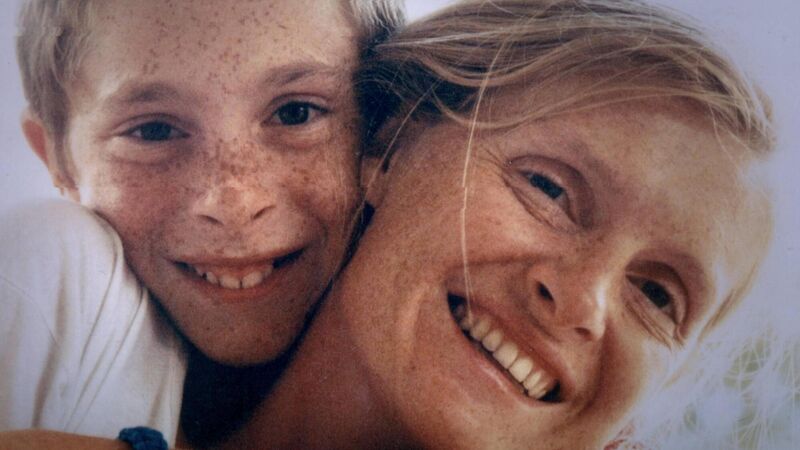Alison O'Connor: Sophie’s family not served by her being reduced to a commodity

Pierre-Louis Baudey-Vignaud as a child with his mother, Sophie Toscan du Plantier.
If it weren’t such a serious issue, you’d nearly laugh at the notion that the gardaí are contemplating a “cold case” review of the murder of Sophie Toscan du Plantier.
In the quarter-century or so since the poor woman was murdered, this case has never come near to even a vestige of coldness.











